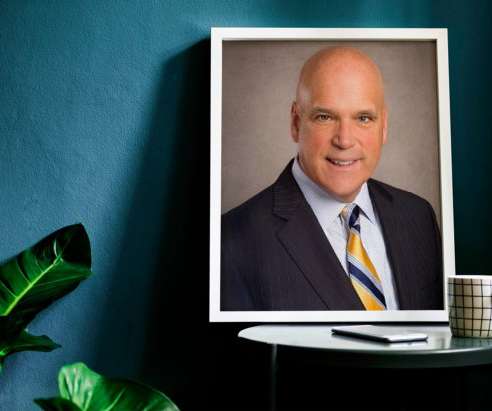Why Are Companies Turning to Older Workers? Should You?
AvilarHR
NOVEMBER 9, 2018
Not so long ago, most people worked until the age of 62 or 65 before retiring to fill their days with family, travel and recreation. However, while no one was looking, the rules of retirement changed! Roughly 10,000 Baby Boomers retire each day. Why Hire or Retain the Most Seasoned Employees? When Are Older Workers a Good Fit?


















































Let's personalize your content